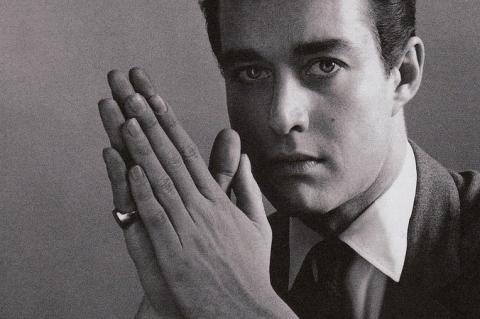The release of the Netflix mini-series “Halston” coincided with my discovery of a letter I’d written to a friend in Europe in early 1978 and never sent, containing my firsthand account of a busy Friday night when the designer played a starring role.
Guestwords
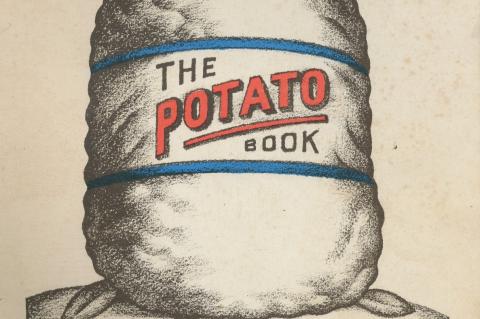 Guestwords: To Potato and Privet
Guestwords: To Potato and PrivetThoughts on “The Potato Book,” a droll, tongue-in-cheek time capsule of a book with a 1970s warning in Truman Capote’s foreword.
Throughout this past year, for reasons that are not entirely clear to me, I have returned again and again to the lyrical prose of Peter Matthiessen’s “The Tree Where Man Was Born.”
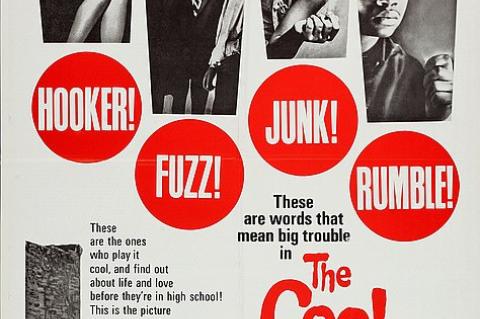 Guestwords: The Seven Ages of One Man
Guestwords: The Seven Ages of One ManJuly Fourth is a celebration of independence, and these are the reflections of an alumnus of the ’60s, the era of freedom.
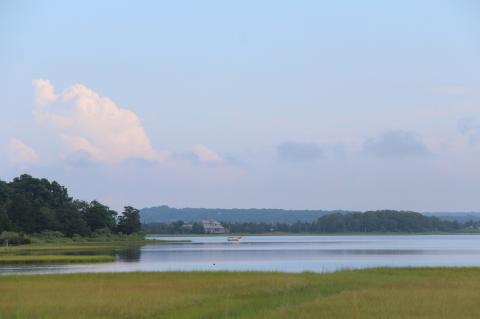 Guestwords: A Year in Springs
Guestwords: A Year in SpringsEvery March fills me with a false hope that spring is right around the corner. The inevitable rebirth of the new season is always painfully incremental. Glacial. The coldest winter I ever spent was a spring in Springs.
When I was 40 I began the previously forbidden search for my birth father.
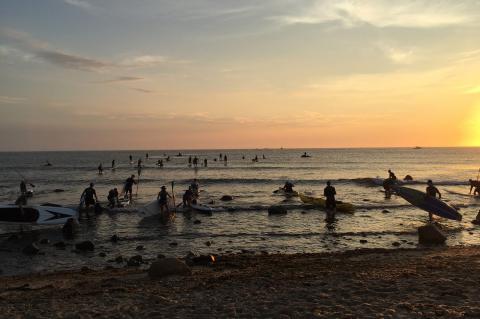 Guestwords: Overcoming Sports Anxiety
Guestwords: Overcoming Sports AnxietyJune is L.G.B.T.Q. Pride Month, presenting an opportunity to celebrate and reflect, causing me to ponder if my awkwardness playing team sports was intensified because I was a gay kid.
I read the sign’s words out loud: “Grand Army of the Republic Highway,” adding, “I love that about America. You’re never far from our history, and we’re still fighting the Civil War.”
Why do so many men of a certain age suddenly take up gardening?
 Guestwords: The Lone Ranger Faces Life
Guestwords: The Lone Ranger Faces LifeOne summer evening in 1943 I ran to Dad with a big request: It was time for a Daisy air rifle.
Memories of heavenly dates at Jahn’s Ice Cream Parlor in Queens trigger thoughts of the recent loss of Scoop du Jour here in East Hampton.
Time spent on the beach with a father, and the details a daughter remembers.
I think my interest in history, as in the history of the Presbyterian churches in Springs and Amagansett, is an extension of looking into my history. Who am I?
Science can’t prove or disprove God, but I nevertheless believe that its findings can contribute greatly to our quest for meaning.
Lessons from a tumble down a flight of stairs, a hospital stay during the height of Covid, and 90 isolating days in a less-than-desirable care center.
Some variation of your life partner getting on your last nerve is inevitable. This was especially true in 2020, the year we rolled back the clock to 1918.
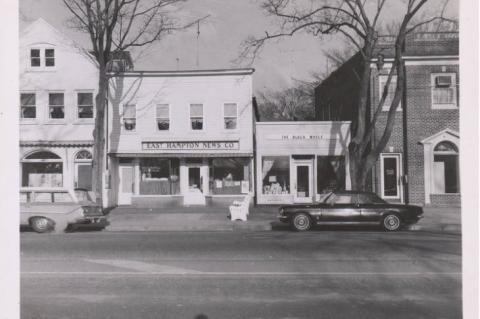 Guestwords: Once at the News Co.
Guestwords: Once at the News Co.How a slotted space for newspapers in an old Main Street store’s cabinetry came to symbolize something more — an arrival.
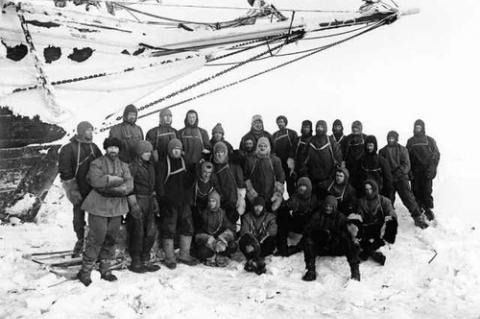 Guestwords: Our Impossible Journey
Guestwords: Our Impossible JourneyWhenever my daughters complain about lugging an extra bag of groceries, climbing an extra flight of stairs, or enduring yet another Covid-related frustration, I remind them to “think about Shackleton.”
Long Island is in a precarious situation in terms of meeting growing energy demands. So how will the construction of offshore wind farms affect the grid?
What childhood traits and experiences promote an adulthood commitment to the natural world? A sense of wonder.
I’ve roamed 23 South Fork graveyards, from Southampton to Sag Harbor. I dig surprises, and what has more surprises per square foot than a cemetery?
We have a new president. The virus cases are receding, hospitalizations and deaths, too. What is keeping me from yodeling in the streets? Could it be Post-Traumatic Virus Reprogramming Syndrome?
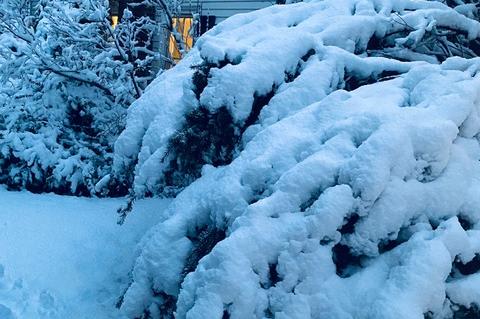 Guestwords: The Perfect Storm
Guestwords: The Perfect StormThough alone since my husband passed away this year, I don’t feel lonely inside this lovely snow globe.
My introduction to the art of Prudence Punderson came in 1976 in Connecticut, when I took up embroidery and checked out a book on the subject that contained an example of her work. But an East Hampton connection? That came as a surprise.
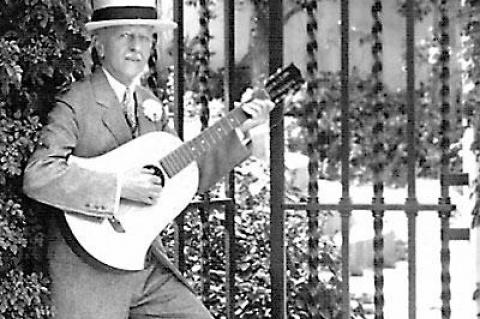 Guestwords: The Lily Pond Connection
Guestwords: The Lily Pond ConnectionA two-mile stretch of road between two ponds in East Hampton has provided Treasury secretaries for F.D.R. and four Republican presidents in the 20th century, and now a secretary of state for Joe Biden.
It is easy enough to absent myself for apartment showings. Would that I could take the furniture with me. Since it must remain in all its dated glory, a stager will come in to “freshen it up.” But there are consequences.
The newest strain of MAGA, the one that was evidenced at the Capitol, seems not only more contagious, but also immune to the vaccine of coalition that President Biden is attempting to inject into the body politic.
A market-based strategy to mitigate climate change is embodied in a bill now before Congress called the Energy Innovation and Carbon Dividend Act. The expiring Congress did not pass it, but it will be reintroduced in the new one, where it may have better prospects.
While poring over The Star, just as I was breathing a sigh of relief that the year was finally ending, I spied a piece of news that felt like the final slap in the face after a year of low blows: Scoop du Jour on Newtown Lane was closing for good.
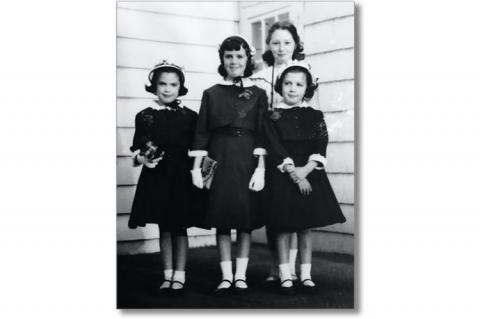 Guestwords: The Holiday Dress
Guestwords: The Holiday DressThe lily of the valley I planted after my husband died took me back to a time and place when my mother and her brood were happiest, and in particular back to a Christmastime shopping trip to the city.

